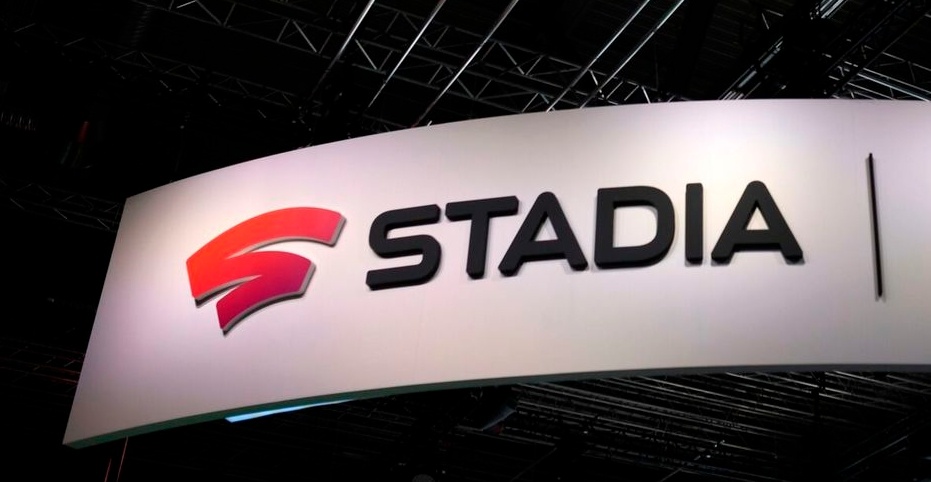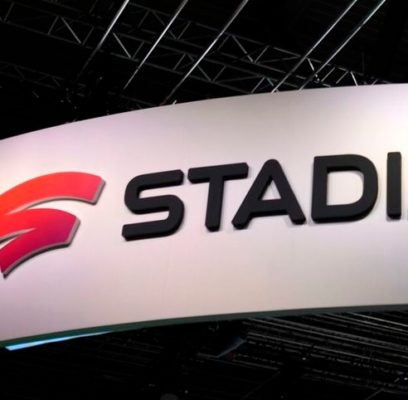After months of anticipation, Google’s cloud video game platform, Stadia, went live on Tuesday, without really reassuring players worried about whether the responsiveness and quality of the games will live up to their expectations. and habits.
Last March, the tech giant promised subscribers of its new services that they would be able to play from any screen, from their TV connected to their computer and their smartphone without friction, and without console nor a powerful processor.
“It’s time. The time to change the way you think. Stadia is starting to arrive today, “tweeted the official account of the platform at 17:00 GMT.
A message greeted by a volley of “Where are my codes?”, In all shades, from impatient players. “Thank you for sending us the codes to us forerunners who have waited so much and so much,” answered @DataNinjaMike, with a kitten image with soft eyes.
He is among the players who are waiting for their login codes, after subscribing to the 129 euros pre-order offer, including a three-month subscription, a Chromecast Ultra device to connect to a screen and a controller. The offer has been completely exhausted.
Other lucky players tested the service in preview, with mixed feedback. There were laudatory messages circulating on Twitter on Tuesday, as well as videos showing latency issues – the few milliseconds between pushing the button and character movement on the screen, a key issue for cloud gaming services. .
Paul Tassi, video game specialist and contributor to Forbes, has broadcast a video where the conversation between characters appears a little jerky.
Until now, the overwhelming majority of players downloaded their game in “local” on the console or computer. In this case the connection is immediate, and the quality of the image and sound optimized according to their equipment. But when the signal must first go through the Google server, the risk of a lag exists.
But this risk, even tiny, no player wants to take, unless playing chess. Because in case of combat with other characters, the victory can be played to the one who will have pressed a microsecond earlier than his opponent on the button.
“Cloud gaming requires a much better connection than streaming video or music. Its success depends heavily on the network and its ability to handle periods of high demand, without latency, “says Steve Alexander, technical director of Ciena, an American company specializing in telecom.
“If networks are not able to allow immersive and interactive games, the next cloud gaming revolution will not go beyond the download page.”
“We are on the verge of a gigantic revolution in the game, which will allow a new level of creativity for developers, now that the + data center + is your platform,” said last March Jade Raymond, the boss of Stadia, during the presentation of the new service.
In 14 countries in North America and Europe, players can now subscribe to “Stadia pro” for $ 9.99 (or euros) per month.
This price includes the use of remote technology, including 4K and 5.1 sound (picture and sound in very high definition), two free games (including the Destiny 2, Bungie franchise) and access to the rest of the catalog. paid games, 22 titles immediately available and about thirty by the end of the year.
Stadia is primarily a virtual computer, rented remotely. Unlike streaming platforms such as Netflix, its business model will be based primarily on the sale of games per game, with a commission, as do other services (Xbox Live, Steam …). Prices of securities usually start around 50 euros.
A free subscription must also be proposed in 2020, with less efficient technical characteristics (HD image, stereo sound …).
Other options will not be available at launch, such as the ability to access Stadia via YouTube. And only Google smartphones (Pixel 3 or 4) will connect to the platform on mobile, with a wifi connection.
“It seems like they hurried out Stadia before the platform was ready. This is worrisome because Google may not keep its promises, “said Ovum analyst George Jijiashvili.

